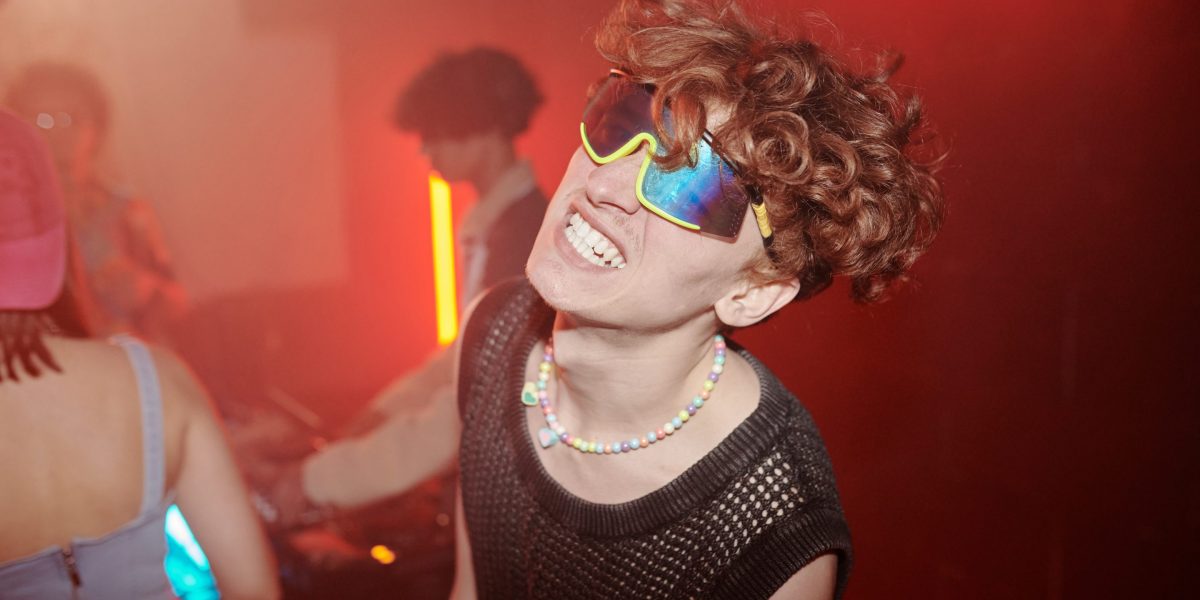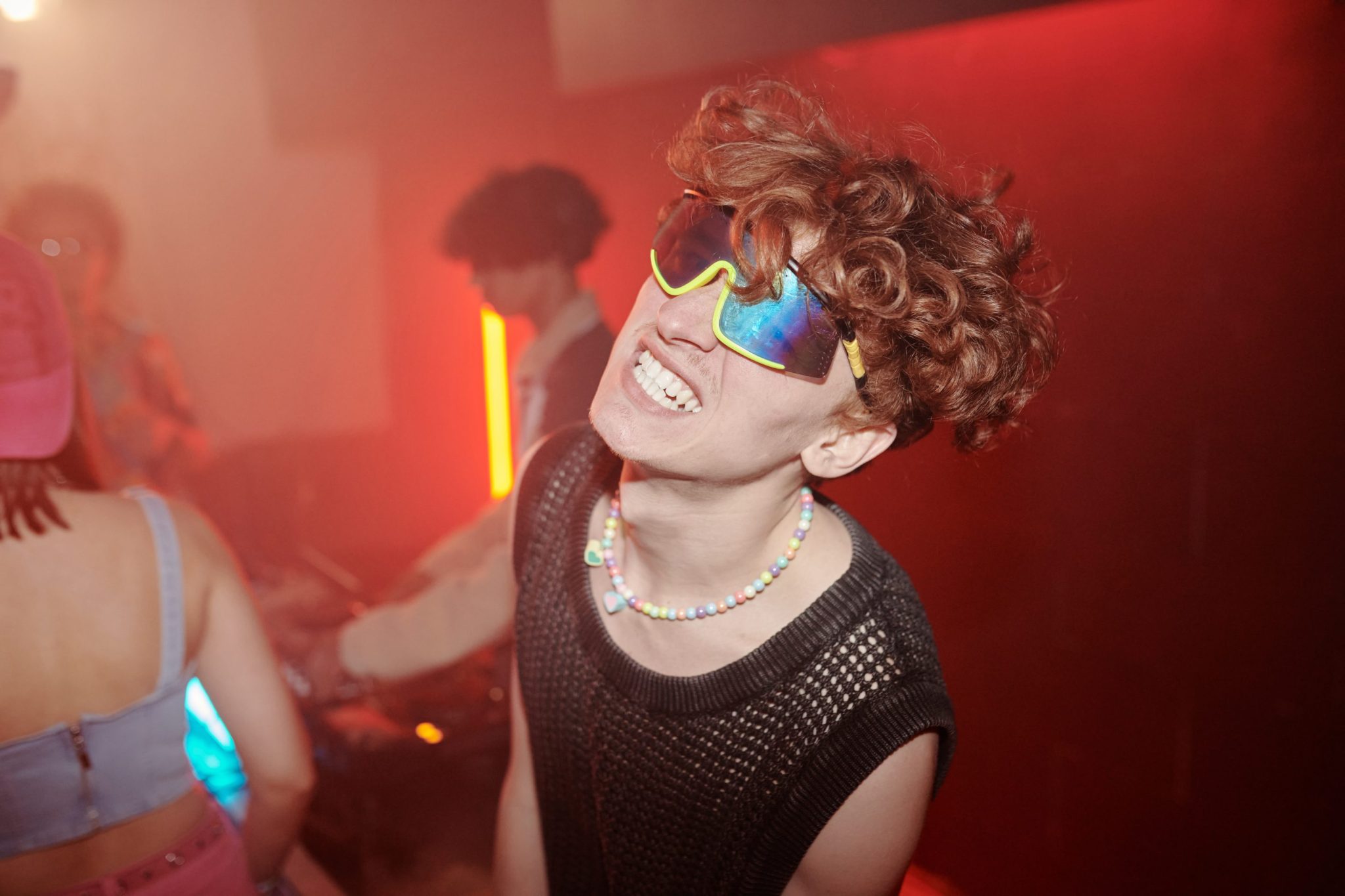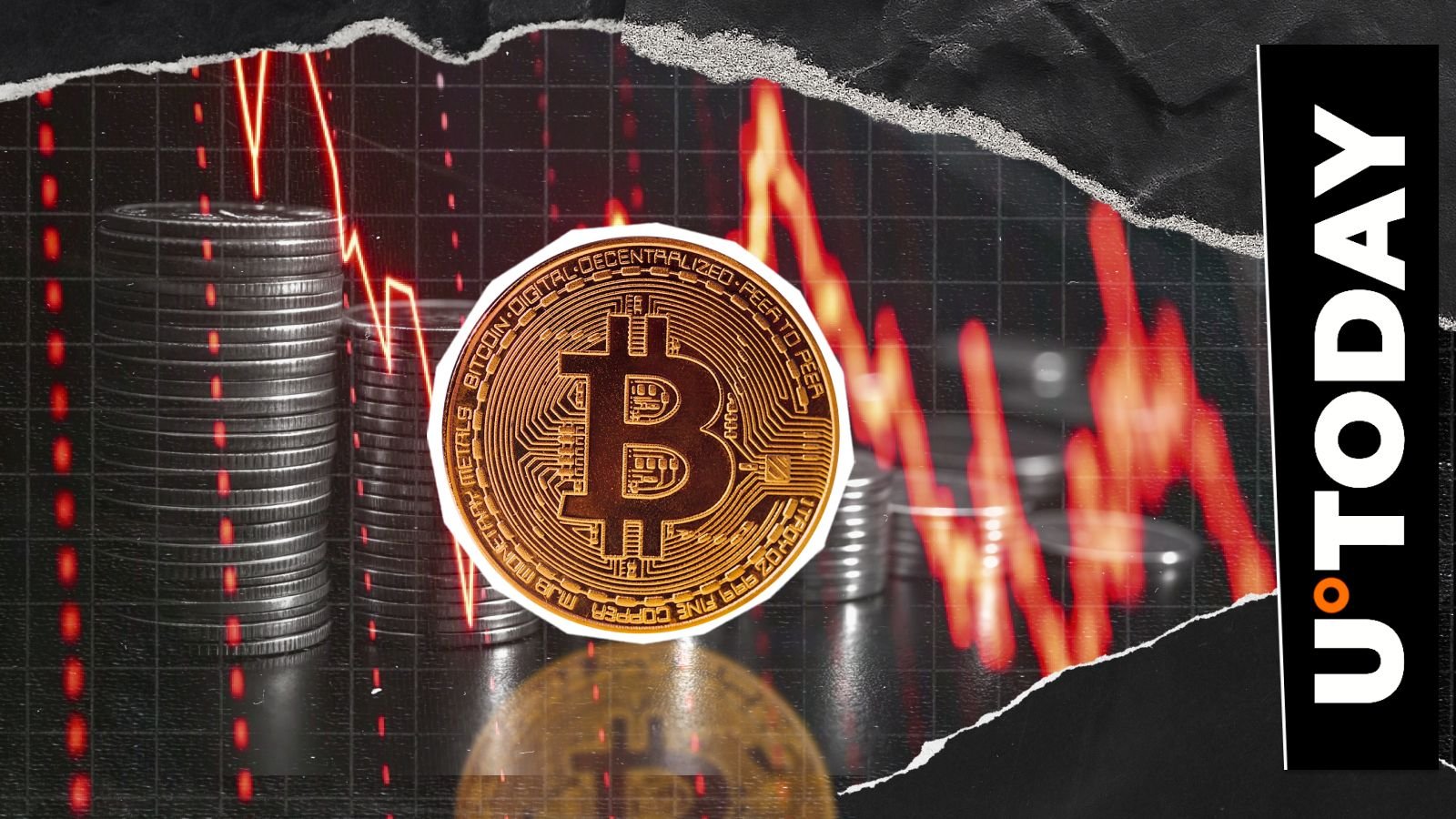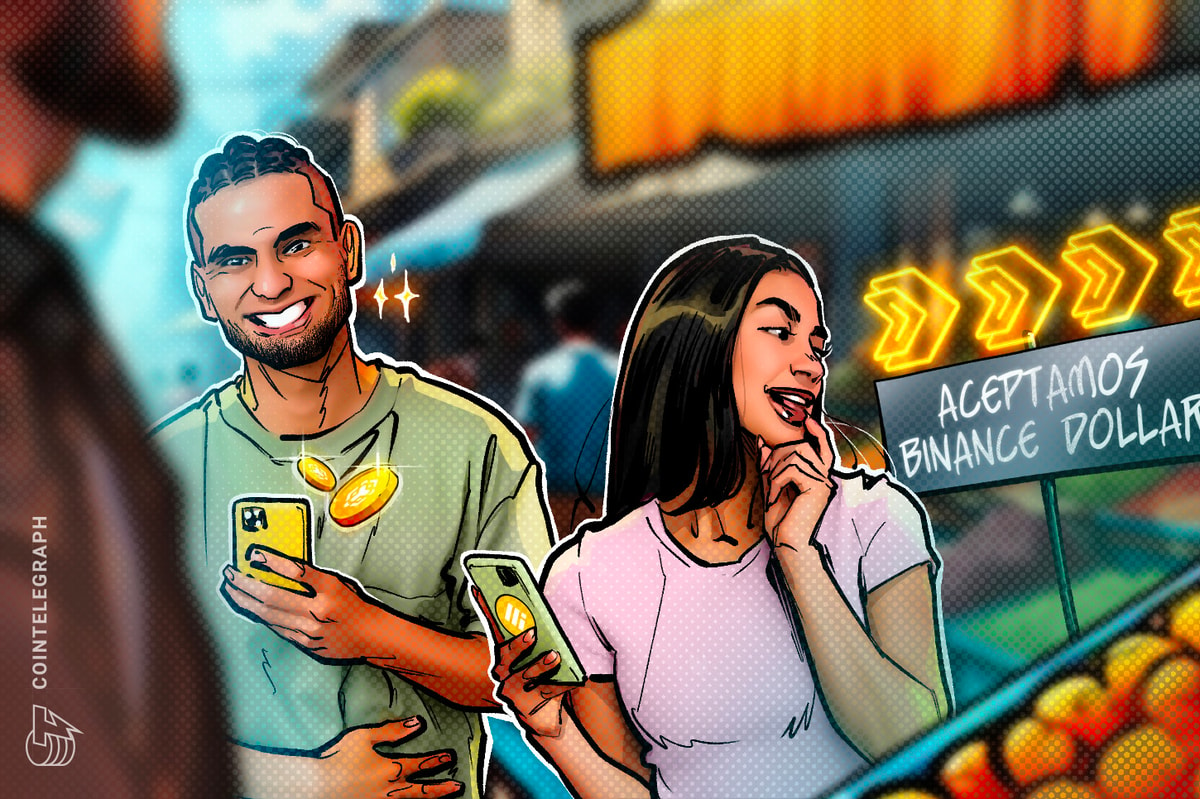Gen Z wishes it were the year 2000—they’re emulating the fashion, undoing millennial-era ‘woke’ rules, and uncorking something dark in themselves


From runways to thrift shops, “Y2K 2.0” dominates. Brands once left behind—Juicy Couture, Baby Phat, Von Dutch—are making strategic comebacks. The look is unapologetically maximalist, featuring rhinestones, glossy lips, spiky hair, and metallic purses. According to a 2023 survey from GWI Zeitgeist, 56% of Gen Z feel nostalgia for the 2000s, with another 37% for the 1990s, even though most never experienced these periods firsthand.
That rebellion has an edge. While millennials chased minimalism—think capsule wardrobes and beige apartments—Gen Z is turning up the color saturation. They’re thrifting glitter tops, layering mesh, and mixing high and low culture with no shame. A “core” aesthetic doesn’t have to say anything profound; it just has to look cool. But there’s a dark side to this turn against the suddenly middle-aged, passé millennial generation.
Gen Z leaning hard into the Y2K era also represents at times an outright and explicit rebellion against the curated, hyperaware “woke” culture of millennials. The contrasting fortunes of Cracker Barrel and American Eagle are just two of many examples of the dangers facing business in this moment. The former’s minimalist rebrand—apparently attempted to arrest declining same-store sales—was blasted as a betrayal of the authentic vibes of the brand, while the latter’s polarizing ad campaign built around registered Republican Sydney Sweeney became a political football that the retailer claims sparked massive engagement and soaring sales. Consumer-facing brands can find themselves either on the horns of this anti-woke backlash—or riding the back of the bull as it charges forward.
Fashion’s Y2K comeback
Consider the contradictions: TikTok’s #Y2K tag has millions of views, packed with tutorials for frosted eye shadow and grainy camcorder filters. Yet the mood is distinctly anti‑digital. Young users boast about flip phones and digital cameras, citing a desire to unplug from the dopamine‑fueled feedback loops of Instagram and Snapchat. Gen Z’s Y2K obsession is also about unplugging. Wired headphones, Polaroid and digital cameras, and flip phones are increasingly visible at parties and gatherings.
The appeal of that mindset is understandable. Much of Gen Z entered adulthood amid pandemic isolation, political polarization, climate anxiety, and epidemic‑level burnout. In contrast, the late-’90s and early-2000s pop culture era—glittery, naive, and commercially loud—feels like an antidote to endless doom-scrolling.
Beyond aesthetics, this revival signals fatigue with what many in the generation call “performative wokeness.” Millennials rose alongside the social‑media activism boom, translating identity politics into brand messaging and lifestyle choices. Gen Z sees that world as oversaturated—and sometimes hypocritical. While the so-called Great Awokening has been much debated, there can be no doubt that it is associated with the 2010s, moving from an Obama-era vibe of “we are the ones we have been waiting for” to the first Trump term of demanding an end to systemic white supremacy. Musa al-Gharbi, a sociologist and self-described progressive, skewered what he called a “symbolic capitalism” in his 2024 book, We Have Never Been Woke, situating the wokeness of the 2010s in a long history of American left-wing politics dating back nearly 100 years, with similar “awokenings” occurring at semi-regular intervals.
The trouble for Gen Z—and for the businesses catering to them—is that turning back the clock to the year 2000 can also mean turning back the clock to what appear to be some distinctly unenlightened slang, if not outdated beliefs.
Comedy, nightlife, and even dating culture have begun to loosen up as Gen Z pushes back against the “rules of correctness” they grew up with. Memes now poke fun at hypersensitivity, and podcasts celebrate being “cringe” again. The sense of social permission to be imperfect mirrors the early internet—wild, weird, and unfiltered. This dark side to Gen Z’s millennial backlash and desire to relive the turn of the millennium is showing signs of mutating in disturbing and unprecedented directions. Look no further than the controversy over the leaked Young Republican group chat.
Backlash to millennial ‘woke’ culture
This tension came to a new flashpoint in October 2025, when Politico reported on a massive leak of a private Young Republican Telegram group chat, revealing thousands of racist, anti-Semitic, and violent messages among Gen Z party leaders from four states. These included open Nazi sympathies, praise for Hitler, and repeated use of the vilest slurs against Black, LGBTQ, and disabled people. The messages, some from individuals with ties to elected officials, were widely circulated across national media, sparking an immediate national reckoning.
The fallout was swift and severe. The New York State Young Republicans were disbanded unanimously, implicated leaders across multiple states lost jobs, and prominent figures such as Peter Giunta were ousted from leadership roles. Top GOP officials, including New York chair Ed Cox, issued forceful condemnations, though critics continued to highlight the apparent normalization of hate speech within these Gen Z circles. Media and advocacy groups pointed to the scandal as a flashpoint for broader anxieties about youth culture’s swift pivot from millennial “wokeness” to something far more nihilistic and volatile.
This controversy comes against the backdrop of a resurgence of certain slurs such as the “r-word” (historically used against people with disabilities), documented as trending upward again in online metrics and cultural reporting, after years of decline. Anti-LGBTQ+ slurs, racially insensitive terms, and coded language are also circulating widely in Gen Z social media environments. Even among self-identified liberal or progressive Gen Z members, casual use of expressions previously linked to anti-woke backlash are coming back into fashion. Many users, both Gen Z and younger, rationalize their use by claiming to reclaim or recontextualize these words, or by insisting that their meanings have changed.
The Reddit thread “askwomenover30” wondered in 2024 what was going on, with the user “frankstaturtle” sounding a plaintive note: “It’s wild that we were told the next generations would also become more progressive, but then we got … this.”
Much of the Y2K revival is simply cyclical. The 20‑year nostalgia loop, first described by museologist James Laver, posits that society “romanticizes” the period one or two decades earlier. But Gen Z’s longing for the early 2000s is amplified: The period seems like an oasis compared with the past five years of pandemic, political division, and economic uncertainty. Many experts suggest that this Y2K trend is less “apathy” and more a form of creative, cultural self-care—remixing the past for a generation facing new pressures and Gen Z defining itself on its own chaotic terms. The risk is that it opens the door to a much wider chaos dating back several more decades in the past, whether many of its youthful adherents are aware that their nostalgia goes back to 1930s Germany or not.





